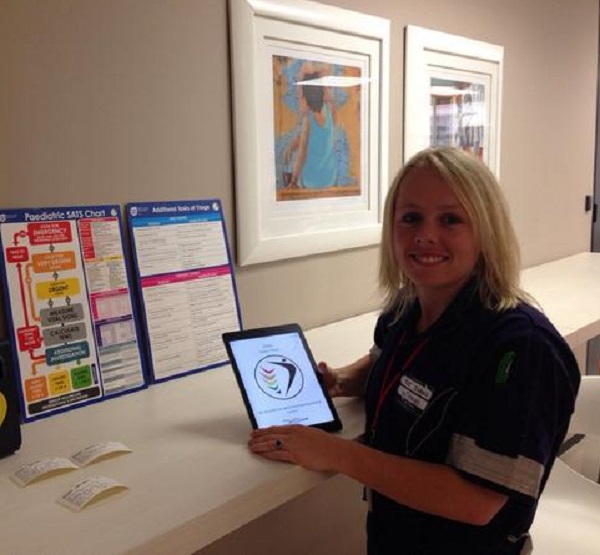Students at the Cape Peninsula University of Technology (CPUT) in collaboration with The Open Medicine Project have created a multi-parameter, mobile-assisted device to rapidly assess and sort patients according to severity of illness in emergency departments of the developing world, particularly war zones and disaster areas.
Known as mTriage (#WDC334), the device reduces triage time, improves accuracy and reduces the level of training required for triage.
The contexts in which the mTriage system will be used necessitated a careful design that takes into consideration the complexities associated with these environments. A participatory design approach was used involving the different user groups who actively co-designed the prototype. As the project uses design to ensure that timeous medical care is provided to those in grim situations, mTriage has been recognised as a World Design Capital Cape Town 2014 (WDC 2014) project.
The project uses the South African Triage Scale (SATS), a composite scoring system that utilises the clinical parameters of heart rate, blood pressure, respiratory rate, temperature, neurological score and the presenting symptom to classify patients into different acuity categories. A score indicating illness severity will be calculated and displayed automatically on the mobile device after the software application prompts the user with additional questions.
Since its development, the device has been used by the Khayelitsha Hospital and over 300 healthcare workers around the world. Negotiations are currently underway to roll it out across 10 facilities in the Western Cape and wider.
The mTriage project has the power to truly transform and save lives through its design.
For more information about mTriage and other WDC 2014 recognised projects, please visit






